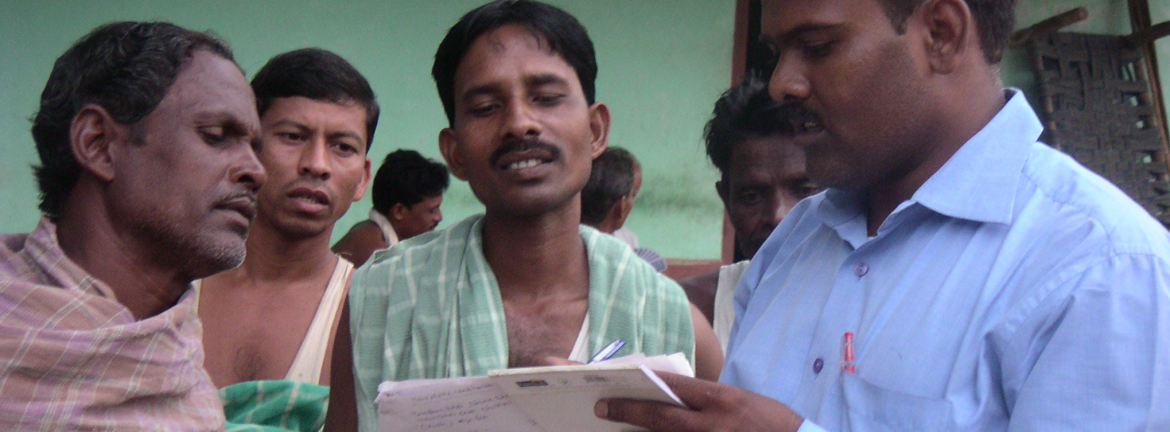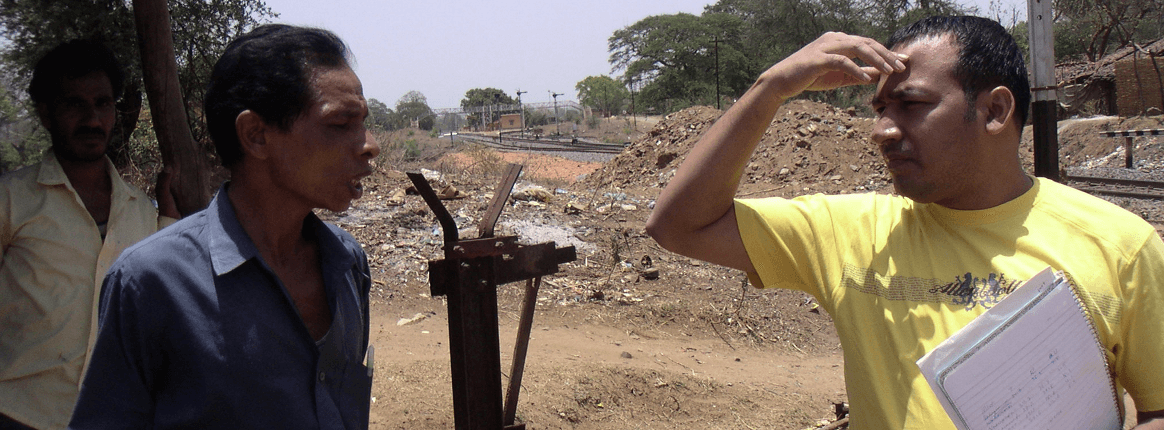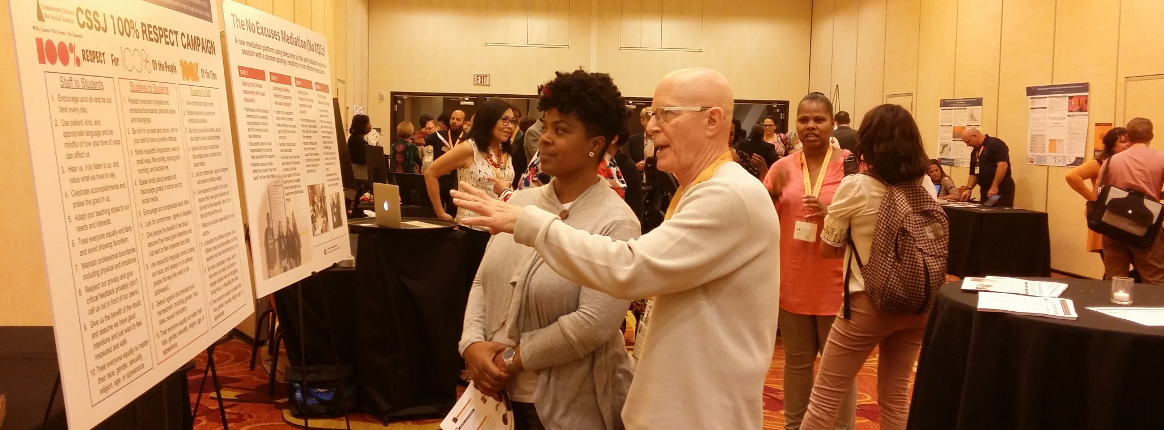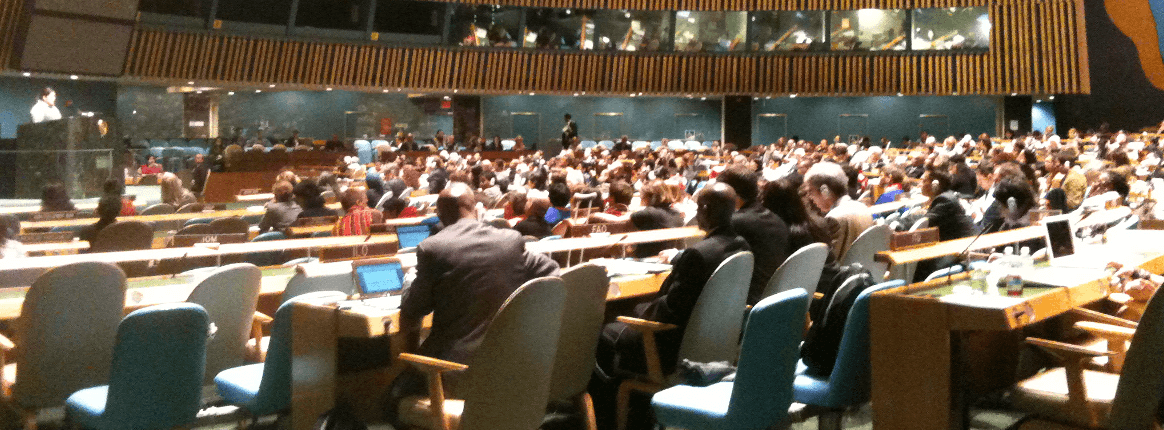A project seeking to achieve the free, prior, and informed consent of the Indigenous Peoples affected significantly by a project will need to first carry out a few key steps:
- FFO: Selecting the right Indigenous Peoples Organization (IPO) or NGO to act as the FPIC Facilitator Organization (FFO) to facilitate the FPIC process is the crucial first step
- FPIC Specialist: selecting one person whose sole responsibility is to make sure the FPIC process is progressing and the key FPIC stakeholders are in continuing collaboration and communication
- Representative Selection Process: This needs to be inclusive in terms of gender, generations, economic status, vulnerability, etc.; it ees to be worked out with the FFO and local people
- Indigenous Peoples Advisory Council: Once the representatives are selected they form an advisory council to make decision on the entire FPIC process--and beyond
- FPIC Working Group: To facilitate Advisory Council decisions and to gie direct inputs into the project community development planning process, the Council selects some of its members to work directly with the project (and possibly local government representatives)
- Capacity-Building Assessment: Early on, an objective assessment of the partners' capacity for IPP/FPIC planning and response is necessary, with training provided as necessary
- Bottom-up Needs Assessment (Community Mapping): The FFO conducts a participatory needs assessment with the project-affected communities to determine priorities for an Indigenous Peoples Plan (IPP)
Documenting the FPIC process from beginning to end is critical. And the key documents are produced are a project's ticket to loan approval and to continuing project social health.
First, are the absolutely necessary documents:
- FPIC Process Agreement: This spells out how the stakeholders recognize consent has been achieved, whether by consensus, a vote, or some other means; it's agreed to by the local communities and the project.
- Indigenous Peoples Plan (or comparable community development plan): This Plan contains all the mitigation measures and benefits the project commits to carry out, along with a governance structure.
- Statement of Consent: This statement contains the approval of the local communities for the project and/or its development plan (such as the IPP); it is the end product of the FPIC Process Agreement agreed to early in the FPIC process.
Second, are the highly desirable although not required documents:
- Tripartite Agreement: A statement of partnership to jointly implement the IPP (or similar community development plan) by the project, the local community representatives (e.g., the Advisory Council), and the local government. It spells out each partner's roles and responsibilities.
- Complementary Documents: To reach a positive consent decision, agreements beyond the scope of an IPP might be necessary. It's a good idea to include this type of document within the FPIC set of documents.
Get in touch today for a free cost proposal for your project.
While many projects have come to agreements with local indigenous communities, few projects have achieved the more demanding standards of IFC's PS7 or the World Bank's ESS7 with its focus on
consent and not just "consultation" or "broad community support."
But Greg and CCCS have, repeatedly, and from the start of the requirement of this new standard:
- In 2010 and 2015, they achieved the first ever FPIConsent (under the new PS7) for a project in the private sector (as recognized by IFC in 2011) for the Sakhalin 2 Oil & Gas Project in Russia
- In 2018, they facilitated the first ever hydropower sector and first ever South Asian FPIC success in the Upper Trishuli-1 Project in Nepal
- Between 2013 and 2016, they carried out an FPIC process for an isolated group of indigenous forest dwellers for the Weda Bay Nickel project on the eastern Indonesian island of Halmahera
Other projects and organizations (such as
the International Hydropower Association) have also relied on Greg for advice on carrying out successful FPIC projects. The key lessons he has shared with them include:
- Gender issues best tackled by local community if directly raised by facilitators
- Be aware of Class, Caste, and Ethnic Cleavages
- Embrace Legacy Issues: good for short-run (FPIC) & long-run (Social License)
- Key roles of IPO and of Senior Project Management
- Interpret everything through local culture
- Tie in IPP to FPIC: The gift that keeps on giving







